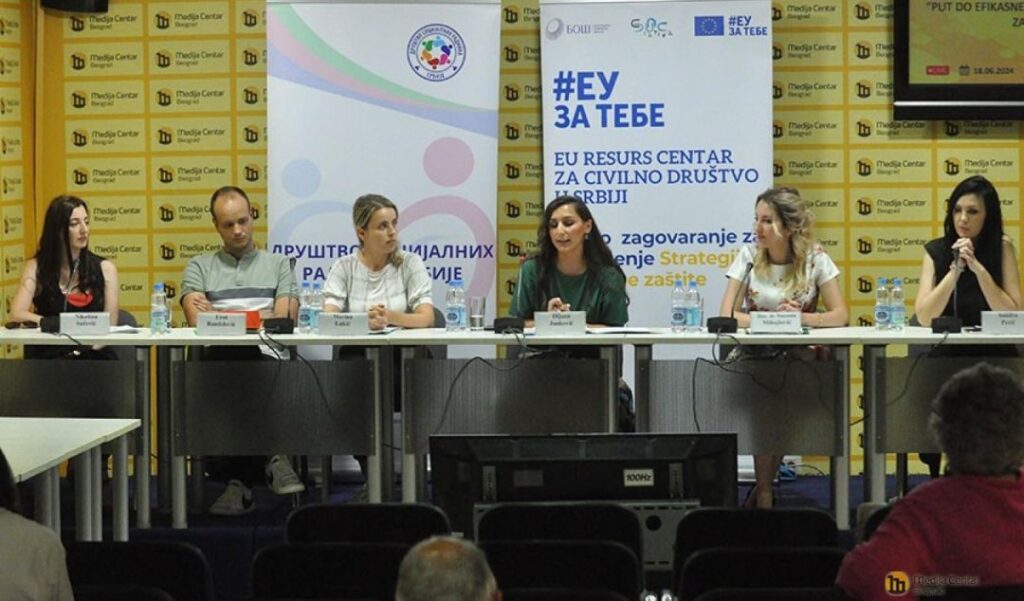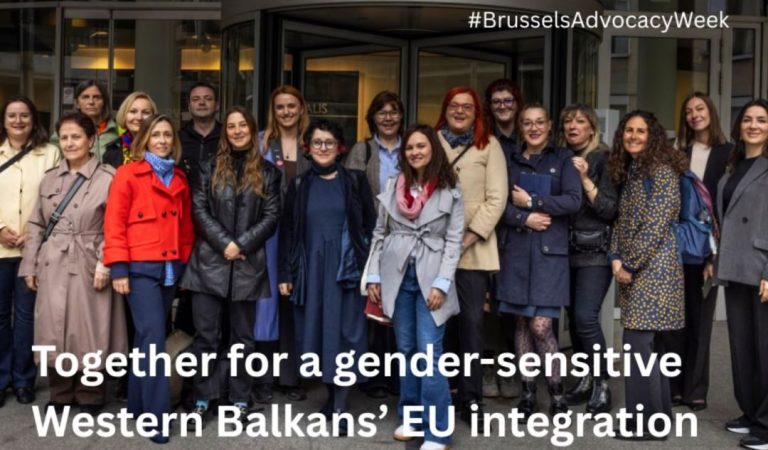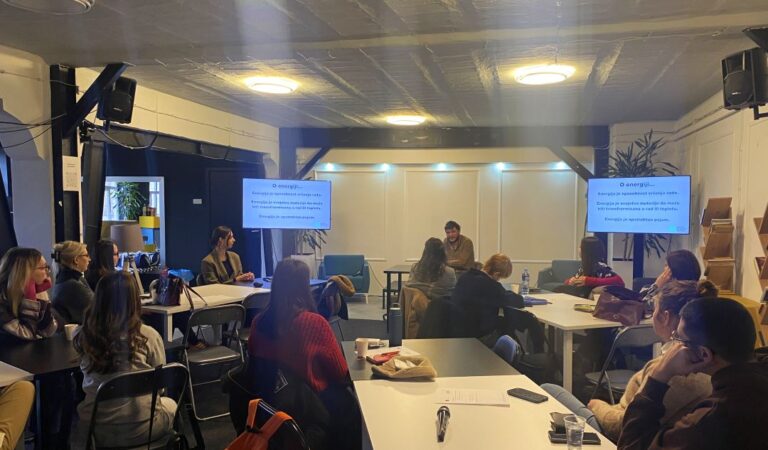While our social protection centers are below every capacity to do their jobs, about 12 percent of Serbia’s citizens live below the absolute poverty line and cannot rely on the support to which they are entitled by law, stated legal advisor Uroš Ranđelović of Initiative A 11 at a press conference organized by the Association of Social Workers of Serbia and the association “Sociativa”, advocating for the adoption of a new Social Protection Strategy.
The Republic of Serbia has not had this strategic document for around 15 years. Due to the necessity to regulate the field of social protection and genuinely act in the best interest of Serbian citizens, as well as all employees within the system, about 25 non-governmental organizations, professional associations, unions and 900 individuals have supported the initiative to adopt of a Social Protection Strategy.
A 11 Initiative has been proposed as one of the civil society organizations to participate in the Work Group for drafting the Proposal of the Social Protection Strategy, based on a public call from the Ministry of Human and Minority Rights and Social Dialogue.
As explained by Ranđelović, data from the Team for Social Inclusion and Poverty Reduction, which measured the absolute poverty line from 2006 to 2020, showed that 18 years ago, 8.8 percent of citizens were below this line.
“That percentage was 6.9 percent in 2020 – to be below the absolute poverty line means that your expenditure as a single-person household does not exceed 12,695 dinars. A total of 445,000 people lived below this line. This team, as we know, stopped existing when project funding ended, and the United Nations provided the latest data on the absolute poverty line as projections for 2023, showing that around 800,000 citizens, or 12.5 percent of the population, lives below the absolute poverty line“, Ranđelović stated.
He added that the new Social protection strategy represents an opportunity to review normative and institutional frameworks in the fight against poverty. This means reconsidering the logic of the Social protection law, which sets overly strict conditions for the right to receive welfare in Serbia.
“These overly strict conditions are direct reasons for the significant disparity between the number of people living below the absolute poverty line and recipients of welfare, which totals around 166,000. This means that more than 600,000 people living below the absolute poverty line receive no government support in terms of financial aid. On the other hand, any income, except seasonal work, above the amount of welfare, which is 11,674 dinars per individual, disqualifies one from this right”, emphasized Uroš Ranđelović, A 11 Initiative.
He stressed that the amount of financial care is inadequate because it does not even cover half of the amount needed to jump over the poverty risk threshold in Serbia.
“When we put everything in the context of the minimal consumer basket, we can conclude that welfare is not even 40 percent of the minimal consumer basket for a three-person family. Social benefits not only fail to help individuals and families escape social exclusion but also fail to protect them from physical deprivation”, explained Ranđelović, noting a crutial need to revise how the amount of financial welfare is determined.
Ranđelović agreed with the statements of other conference participants regarding the absolute lack of capacity in social work centres. He reminded that only 1,671 professional workers handle around 700,000 users of the welfare system.
“This leaves no space or time for thorough and in-depth dedication to social work. I think many consider social protection merely a list of good intentions or an expense for the government, rather than an essential right of each of us to social support when needed. It is important that we, as advocates for the Social Protection Strategy, are on the same side because we recognize that social justice and solidarity must not be mere declarations but the fundamental basis and framework for designing policies”, Uroš Ranđelović concluded.
Participants in this advocacy process also spoke at the press conference: Marina Lukić, manager of this advocacy project from the Belgrade Open School, Associate Professor Suzana Mihajlović from the Department of Social Policy and Social Work at the Faculty of Political Sciences, Director of the Chamber of Social Welfare and social worker Sandra Perić, Director of the social protection centre in Apatin Nikolina Sučević, and social worker and representative of the Association of Social Workers of Serbia Dijana Janković.
You can follow the progress of this campaign on Sociativa’s website, where you can also support this goal.
In Belgrade, June 18, 2024



